Mountains have no owners
...And man spoke and met with the high mountains and considered that he had made them his own and created societies different in time and space. Human action creates meaningful places. The appropriation of the land gives form to what each culture finds constructive.
Can mountains have owners or are they a common resource unallocated? In order to be able to answer these questions we need to investigate, and critique if necessary, the historically shaped modes of production as well as the wider political-economic systems of which they are part.
Taking a brief historical review, we can discern the human presence in the countryside `intervening` in two ways in terms of the economy and modes of production. On the one hand we have the pre-industrial societies where modes of production are based on use values, structured in a self-preservation economy, and on the other hand we have the modern society based on a profit-consumption economy and institutionalised exchange values.
The current imaginary advocates the commodification of all aspects of life, no natural resources would be spared. Great social scientists such as Bourdieu and Ostrom advocate solutions for natural resource management by local communities, which understand local systems in their own ecological way. These communities conceive and experience their territories not as a mere space but in t h e t o p o r t with history, emotions and practices.
Our mountains are not just a place, but a place where acting subjects coexist and we want them to continue to coexist by giving them alternatives to real sustainable development of their places rather than blind industrial green development.
Branches such as ethno-ecology give clear priority to indigenous knowledge and indigenous cosmologies. Therefore, if we assume that the mountains "belong" to those who nourish them, that is, primarily to the communities that exist within them, and we want to protect our mountains from all kinds of adventurers, we should pay attention to their reconstruction, to the promotion of their cultural heritage and to the safeguarding of their existence in the modern urbanized world.
The protection of our mountains necessarily passes through their inhabitants, whose presence is threatened. They will be at the forefront. We must learn to think, especially with regard to natural common resources, not on the basis of a provisionality, but by moving to a creative counter-attack, to structure conditions, proposals, choices, so that people can choose a decentralised way of life and not a sterile denial ,which may only delay the `inevitable` for a while.
Our group`s vision is based on this very belief in our mountain communities, which could through their localized economies be organically and functionally linked, following another path of development, which would make people participants and not just observers of routed decisions concerning their land.
Mountains have no owners, they have people who temporarily inhabit them with the sole duty to hand them over to their children`s children.
In the photo, Mrs. Eleni, a former resident of old Viniani in Evritania. She now lives in Nea Viniani, which was built just next door to the old one, but she continues to graze her sheep and cattle in her old den.
by George Loukas
